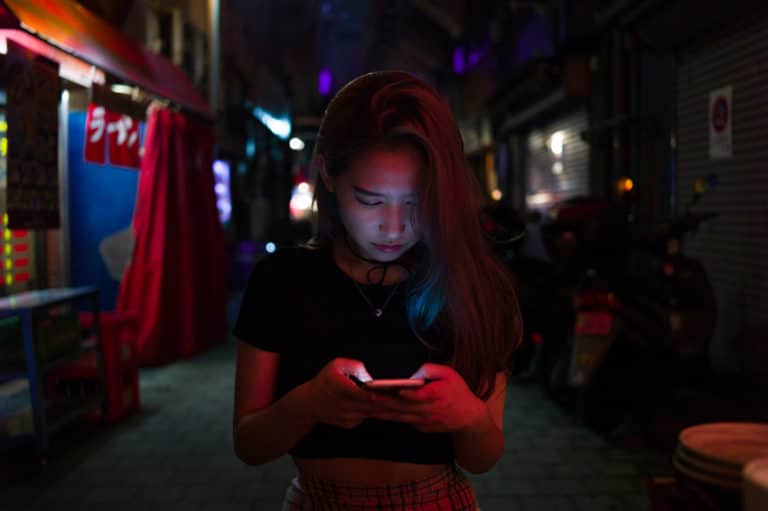Why aren’t dating apps better at finding our perfect match?

The first online dating site, Match.com, was launched in 1995, three years before Google. 20 years forward, dating apps have become close to synonymous with our relationships. We agree to give them access to some parts of our lives (to an extent), and they guarantee to provide us with better matches and more interesting dates than the ones we usually get. At the same time, dating apps like Tinder, Bumble, Grindr, and many others, allow researchers to access more data about our dating lives and ‘mating patterns’ to further their studies on compatibility. Dating apps also reveal the potential of sharing your private information with an algorithm in the name of love—a small price to pay to meet the right person, right?
In a study conducted on 4 million users of an unnamed dating site (sounds like Tinder to me), Elizabeth Bruch and Mark Newman from the University of Michigan found some results that anyone with dating experience would find predictable. For example, reciprocated messages mean that there is a mutual interest between two potential dating partners, and men tend to initiate contact first, which also doesn’t sound surprising.
Then, by coming up with a ‘desirability score’ for each of the participants, Brunch and Newman found some more customary information. An overview of the results showed that, “Older women are less desirable, while older men are more so. The average woman’s desirability drops from the time she is 18 until she is 60. For men, desirability peaks around 50 and then declines.” This comes as no surprise in the dating world.
The final aspect they analysed was people’s education level. For men, a woman with an undergraduate degree was most desirable, whereas for women, further education was always more appealing. Keeping all these results in mind, it makes sense that dating apps and dating websites are under quite a lot of pressure to make sure you are matched with the right person for you.
Even before the Big Data boom—when we are finally able to store large amounts of data automatically—users of online dating sites were required to fill in online questionnaires and profiles. Now, algorithms can collect more data on you than you can imagine (like your location, your bio, your Facebook profile, and images) to easily predict your next match of the day, without you having to answer a set of lengthy questions, or even do anything at all.
By manually filling an online questionnaire about our qualities and flaws, there’s a chance that some of our answers won’t always be completely honest. Algorithms can use our online behaviour to learn the real answers to questions we might lie about otherwise.
When The Guardian’s Judith Duportail asked Tinder for all the information it had collected on her over time, the company sent Duportail a profile report spanning over 800 pages. The report was a sort of tipping point for big data collection and our understanding of it; it revealed how apps can work out our personalities and lifestyles through our social media activity, our likes, our Spotify playlists, and Instagram photos. While many find this type of data mining an invasion of privacy, others look at it as the only real way to find their perfect relationship.
Dating apps promise to connect us with people with compatible traits. Sometimes it works out, sometimes it doesn’t. As machine-learning algorithms become more accurate than ever, dating companies will be able to learn more about who we are and who’s the right fit for us. But there are a few steps still missing in the quest for this.
Apps can track where we’ve been, how long we stayed there, and if we went home with the person we were meeting. Still, few ask users for the outcomes of actual dates. The harvesting of our personal detail goes far beyond what many of us could imagine—Google can track you through your phone, it knows everything you’ve searched, the apps you use, which events you’ve attended, and it even has the information you’ve deleted. So how come, with all this data out there for grabs, dating apps continue to overlook the importance of not only whose profile photos we like but also who we felt chemistry with in person.
It is clear that dating apps have the possibility of changing our dating lives for the better by using even more of our information and data. With ameliorated algorithms, the future of online dating looks bright. But maybe the delay in improvement is not coming from the technology apps are using but from the CEOs themselves—because finding love is big business, and as long as we keep searching for and not finding our perfect match, these founders are only getting richer.





